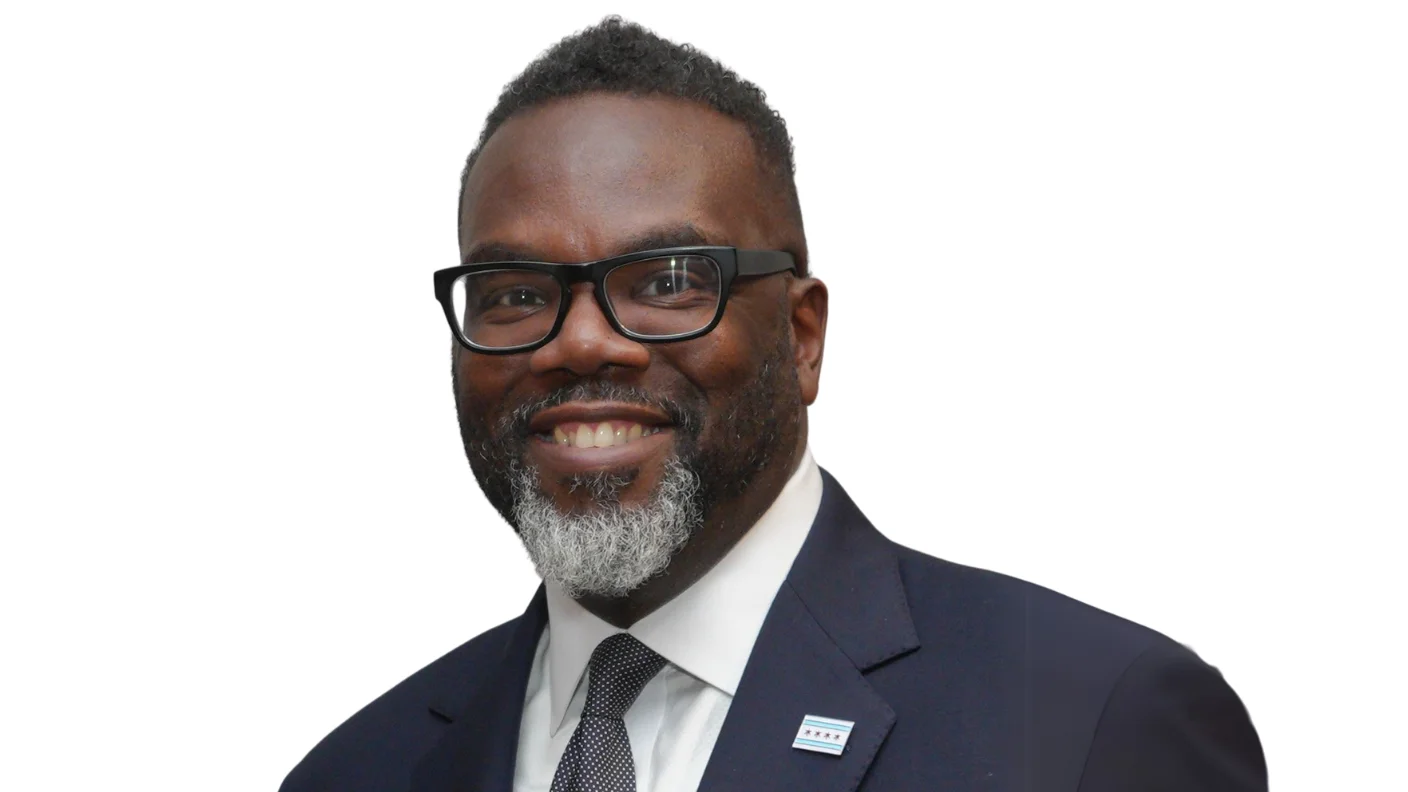Brandon Johnson Mayor | Chicago Contrarian
Brandon Johnson Mayor | Chicago Contrarian
Amid ongoing concerns about crime and the city's financial health, Chicago Mayor Brandon Johnson has announced a new executive order targeting smoking on the Chicago Transit Authority (CTA) system. The initiative, called the "Safe And Smoke-Free Public Transit" campaign, was introduced during a press conference held by Johnson on July 22.
"Smoking on our public transit system has got to stop, and I am directing our City’s agencies and the Mayor’s Office to work together to put an end to this activity. Our public transit system is for all Chicagoans. We have parents taking their young children to school in the morning and seniors with respiratory issues who are inhaling smoke. This executive order calls for the same full-force-of-government approach that has resulted in historic reductions in crime to tackle this critical issue," said Johnson.
Chicago Police Department Superintendent Larry Snelling commented on enforcement efforts: "We are committed to strengthening safety across the CTA and addressing the concerns of transit passengers. Our dedicated Public Transportation Section personnel will further these efforts in close partnership with our City and social service partners."
Recent data indicates that crime remains a persistent issue on public transportation. For example, Illinois Policy reported that approximately 1.9 out of every 100,000 rides starting at a CTA Green Line station or platform ended in a crime. Further analysis revealed that a crime occurs on the CTA roughly every three hours.
Despite increased spending on security measures by city officials, The Chicago Tribune found that crime rates on CTA vehicles remain higher than those seen before the COVID-19 pandemic years.
At the same time, Chicago faces significant budget challenges, including nearly $1 billion in deficit for this year following last year's $162 million shortfall.
The mayor's latest action comes as city leaders continue to debate priorities such as public safety, fiscal management, education improvements, job growth initiatives, and tax policy reforms.






 Alerts Sign-up
Alerts Sign-up